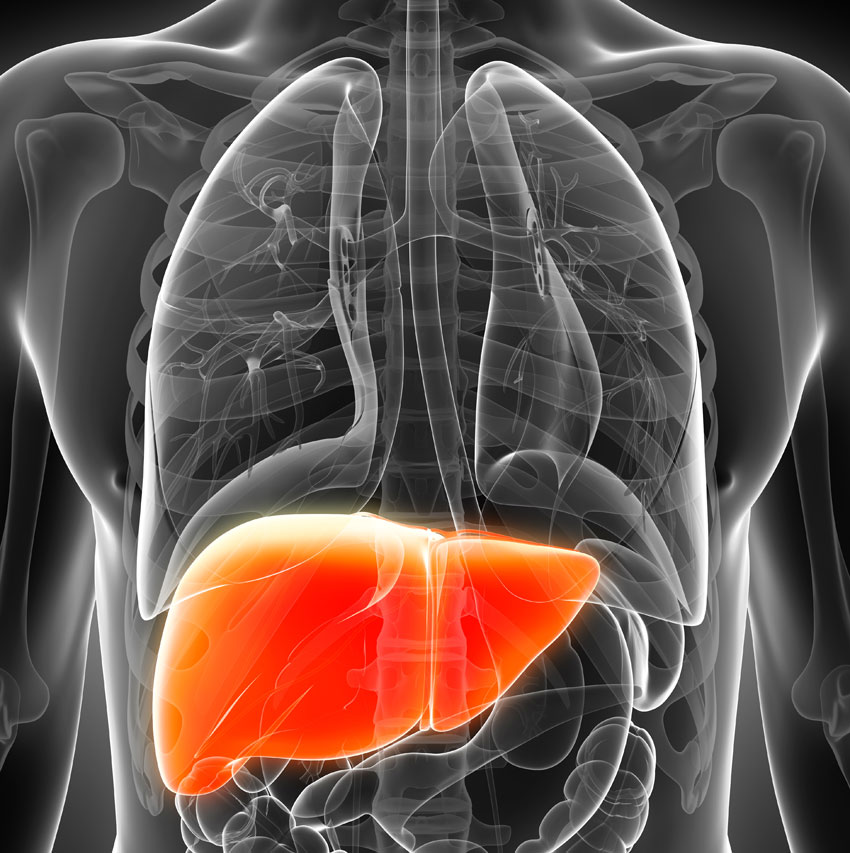Beth Israel Researches Alcoholism Relapse and Liver Transplants

liver image via shutterstock
A new study led by researchers at Beth Israel Deaconess Medical Center shows that substance abuse treatment for alcoholics both before and after liver transplant surgery drastically reduces the chances of alcoholism relapse.
Alcoholic liver disease, or ALD, is the second leading cause of liver transplants behind Hepatitis. Research suggests that continued alcohol abuse after a transplant decreases the effectiveness of the surgery and could lead to more serious complications.
Keeping these statistics in mind, researchers at Beth Israel’s Transplant Institute studied 118 liver transplant patients, over 50 percent of whom had a history of alcohol abuse. Patients with a history of alcohol problems are required by most hospitals to undergo substance abuse treatment prior to transplants, but treatment post-surgery is not mandatory. Beth Israel’s study shows that only 16 percent of patients who received substance abuse treatment both before and after surgery relapsed, while 45 percent of patients who only received treatment before surgery relapsed. Patients who received no treatment before or after the transplant had a relapse rate of 41 percent.
Dr. James Rodrigue, leader of the Transplant Institute research team, said in a press release on Thursday:
“While many transplant centers require candidates with a history of alcohol abuse to attend substance abuse treatment prior to transplantation, our findings emphasize the importance of continued therapy after the transplant to prevent alcohol relapse.”
Prior research has established that survival rates after liver transplant surgery are no different from survival rates of a patient not suffering from ALD. However, alcohol relapse after transplants has recently been proven to cause decreased effectiveness of the transplanted liver and increased organ scarring. Relapse of substance abuse is very common; anywhere from 10 percent to 90 percent of patients return to alcoholism post-transplant.
These new findings by the Beth Israel research team may help encourage treatment centers to mandate post-surgery substance abuse treatment, thereby lowering the rate of these relapses.


